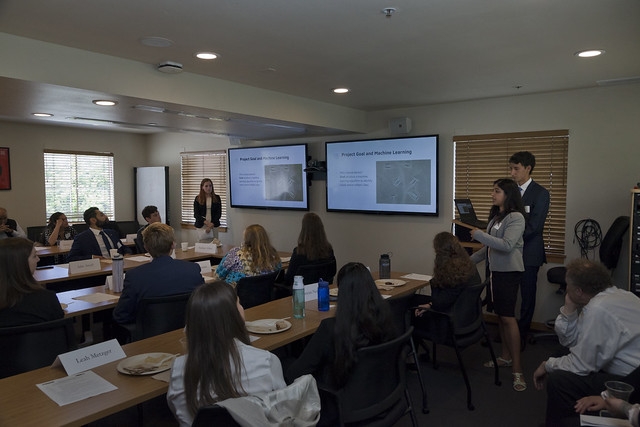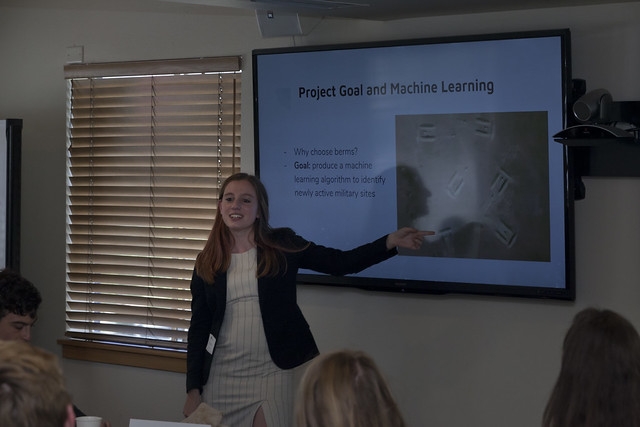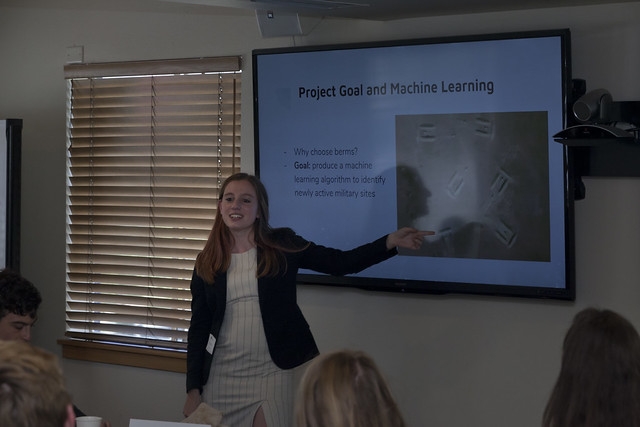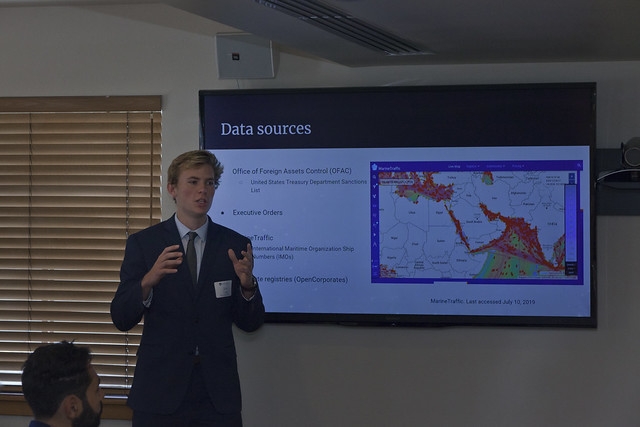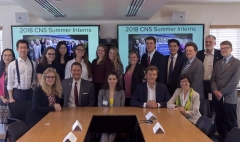CNS Summer Undergraduate Interns Share Research
| by Masako Toki
For more than a decade, Sarah and Tom Pattison have been stalwart supporters and friends of the James Martin Center for Nonproliferation Studies (CNS) at the Middlebury Institute. They are the major supporters of the Summer Undergraduate Nonproliferation Program.

